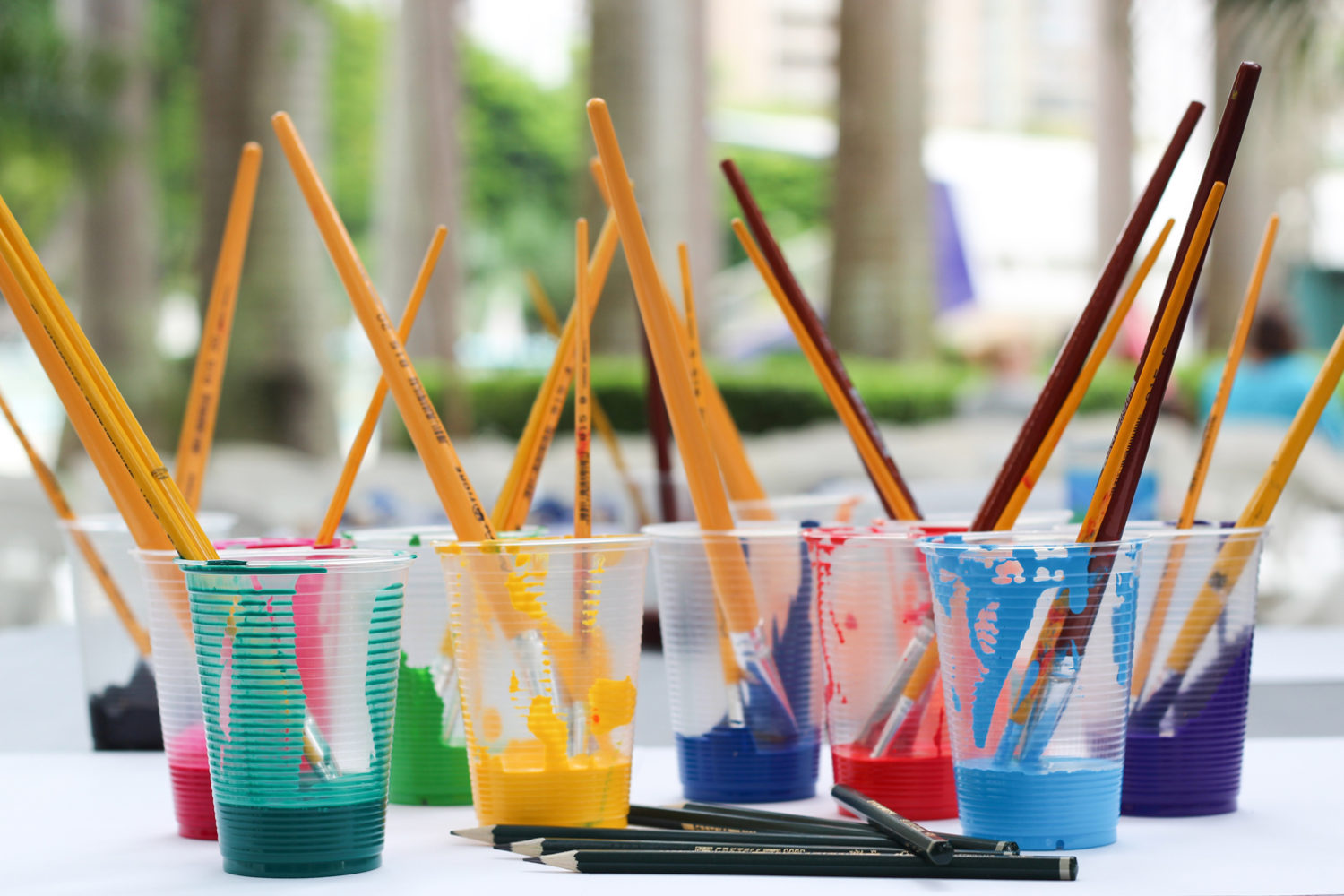The power of the arts
It's time to start valuing the impact of the arts on our children's lives, writes Emma Moorby.
Children & the Arts was set up in 2006 with the aim of championing the power of the arts to address inequality and transform the lives of children across the UK.
During the last 10 years our flagship ‘Start’ programme has worked with more than 132,000 school children creating partnerships between arts organisations and schools to deliver a programme of high-quality cultural activities and experiences sustained over a period of at least three years. We target our work to schools and other settings where children and young people face social, economic and physical disadvantage and by doing so ensure those most in need of inspiration are reached.
We believe that strong arts education includes three things:
- First, a mixture of opportunities to learn outside the classroom and visitors from arts organisations coming into school. Learning in new environments (such as galleries, museums and theatres) and with different people can stimulate and challenge both pupils and teachers in new ways.
- Second, we believe in the importance of a balance between participation and appreciation. Being an audience member and being creative in your own right.
- Third, we know that engaging teachers is key and that training and support should be provided.
But these three things have been affected by the constraints placed on school budgets.
For primary schools the impact is felt in a number of areas. A lack of resources – even the most basic materials such as paper and pencils are in short supply in many schools. Staff shortages caused by staff cuts and disillusioned teachers leaving the profession results in higher workloads and increased stress levels. Visits out of and visitors into schools are harder to justify in financial terms or because they don’t obviously fit within a narrower curriculum offer. Teachers are not being released during school hours for training opportunities, even if training is offered free of charge, because of the knock on costs such as supply cover.
All of this impacts on teachers and ultimately on their pupils.
We at Children & the Arts believe that every child has the right to a broad, rich and inspiring education that includes the arts. This is particularly important during the formative years of primary school education.
Access to the arts and culture can help children develop their understanding of themselves, their community, and the wider world. The arts can provide a window on a world that isn’t home or school, a third space where young people can shape thoughts and feelings in new ways. Participation in arts activities can have a positive impact on young people’s confidence and self-esteem, their communication skills and means of self-expression, their ability to empathise and tolerate, and creates more effective collaborators and thinkers.
Helping children gain greater understanding of themselves and others enables them to cope with the issues and challenges they may face in and outside school and as they develop into young adults. A significant factor in supporting positive mental health and wellbeing. Working with creative practitioners gives access to additional role models and mentor figures who are not family members or teachers but are adults who interact with children in different ways. Arts experiences and the chance to engage with creative people are often more memorable, richer learning opportunities.
And of course one of the simplest reasons to fight for the inclusion of the arts in school: the arts bring joy and happiness.
Primary schools do of course offer the arts but often provision is limited. Teachers receive limited hours dedicated to the arts during initial teacher training and little or no access to continued professional development. Schools feel forced to narrow their focus to the areas against which they are measured and may not dare look outside their sector for other influences and support. Without additional points of inspiration and without ongoing quality training opportunities we risk a lack of innovation. And we should consider the teachers who do not have a personal interest in the arts. The evaluation of our ‘Start’ programme last year revealed the surprising statistic that 40 per cent of teachers surveyed had visited their partner (local) arts venue for the first time through the project. We can’t assume they feel comfortable teaching arts subjects or are confident taking a more creative approach to any subject. We must support our teachers by giving them the training and resources needed to properly teach the arts in our schools.
Some children have a rich diet of opportunities including participation in the arts. But many others do not. So often it’s a postcode lottery that decides who benefits and who misses out, and that’s why it’s important we work hard to create equal access for all. It is vital that every primary school age pupil has a broad and balanced curriculum including a wide range of arts subjects and that they have access to the same opportunities as their peers. This is being threatened as school budgets are squeezed, it’s time to step forward and demand change.
The Fabian Society, in partnership with Children and the Arts and the Musicians’ Union, has launched a new project to provide definitive evidence of the impact that school cuts have had on primary age children’s access to the arts.
